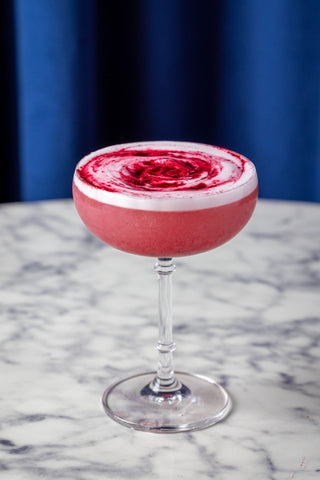About Gin
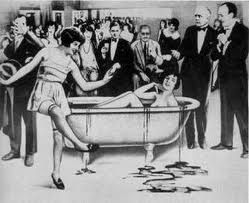
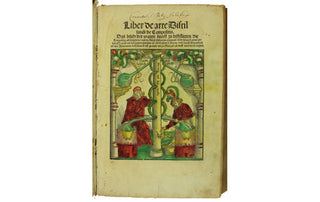
Where is Gin from? Who created gin?
The origins of gin are surrounded by mystery and controversy, much like a Shakespearean play. It's as if everyone wants to be the star of the show and claim credit for this timeless spirit! The French, English, and Dutch are all vying for the title of 'Ginventor,' with their creations gracing bars across the US and UK.
First, let's start in 11th century salerno, Italy
The Benedictine monks began making gin (ginepro in Italian) from grapes for “medicinal purposes.” You need something to do in between midday prayer and vespers at the monastery, so why not whip up a bit of not-so-holy spirit?
According to a recipe included in the 1055 Compendium Salernitanum of the Schola Medica Salernita, the monks distilled alcohol and infused it with juniper berries and other herbs to create a tonic wine.
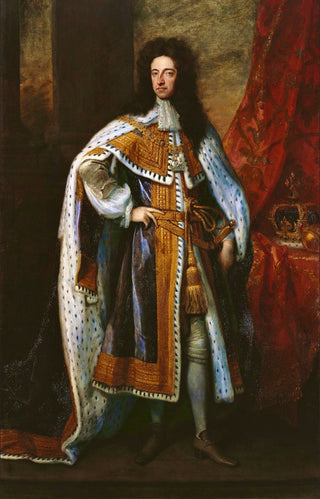
Many people attribute the invention of gin to the Dutch, who got in on the act in the mid 13th century, again, claiming medicinal properties for the stomach, kidneys, and, ironically, the liver.
So well regarded were the juniper berries’ medicinal properties, many people thought the consumption of gin would protect them from the Bubonic Plague, also known as the Black Death, during the mid-14th century. People even wore masks stuffed with juniper berries in hopes of warding off the deadly disease.
Early distillation methods were based on grapes, and by the 16th century, Dutch distillers figured out a way to scale up, by using grain (originally fermented beer). Jenever, the Dutch word for gin (from whence the term Dutch courage originates, once you’ve consumed enough) became hugely popular in The Netherlands, which could account for why many people think gin originated there.
By the 17th century, this magical, medicinal elixir had found its way into England where it was pronounced slurringly gin (most likely as a result of consuming more than a few ounces of the stuff).
Funny story that
William III, also known as William of Orange, a Dutchman by birth, showed up in Devonshire with 15,000 men intent on gaining power. Now granted, parliament had invited him because they preferred to have a protestant on the throne. The current monarch, James, who incidentally was William’s father-in-law, was abandoned by his own army. William and Mary, his wife, peacefully assumed the throne and were granted joint sovereignty, of the British throne by parliament, in 1689.
The introduction of gin to England under William of Orange was more than just a royal preference—it set the stage for a revolution in drinking culture. As gin grew in popularity, so did its influence on the political landscape, giving rise to what we now call the "Gin Craze." This was a period where gin production, often unregulated, became an everyday fixture of urban life, fueling both social unrest and economic opportunity.
Curious to learn more about the politics behind gin and how it evolved into the refined, balanced spirit you love today? Read more about the fascinating journey of gin, how its misunderstood and the full story of vodka versus gin below.
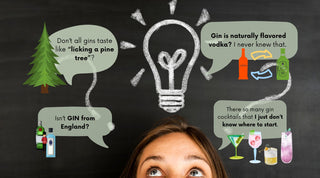
The Ultimate Guide to Understanding Gin
Gin is one of the most exciting and misunderstood spirits in the world. It’s not just about piney flavors or stiff martinis—it’s a spirit full of history, innovation, and versatility.

Gin Versus Vodka: The differences you need to know
Although there are two sides to this debate, there is one key distinction. A true Martini is made with gin. Contrary to popular belief, James Bond, the international man of...
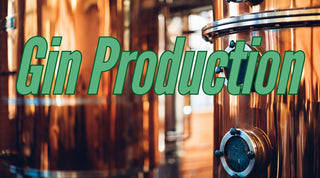
Exploring Gin Production Processes and Ingredients
Discover the world of gin production as we explore its key ingredients, from the essential juniper berries to unique botanicals. Learn about the history, distillation processes, and innovative styles like...
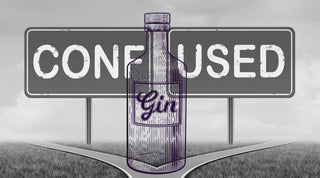
Frequently Asked Questions about Gin
Gin is a versatile, botanical spirit often stereotyped as polarizing, but it shouldn’t be. Discover answers to common questions about its production, styles, and how its complexity offers something for everyone.

10 Things You Never Knew About Gin!
Gin has a long history that’s full of surprises. It’s more than just that piney, medicinal-tasting spirit some people fear. In fact, gin is incredibly versatile, steeped in history, and...
